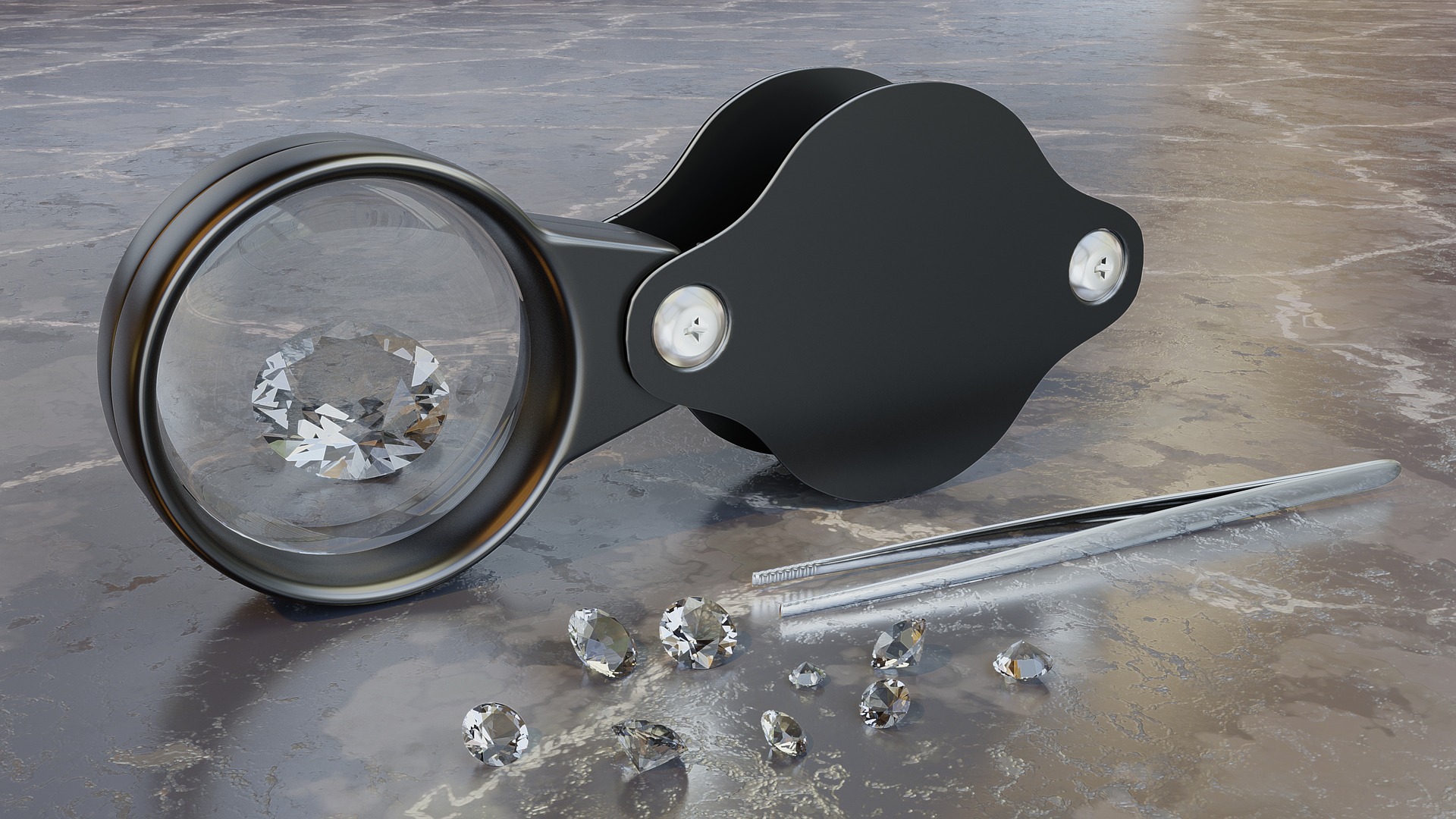11 Of Our Best Bench Test Tips

You’ve created your resume, you’ve successfully went through the interview and now, you have a bench test scheduled. Here is where your skills are really put to the test and you get to showcase your abilities. But what should you expect? And are there some tips that could help make it more successful? Of course. Here’s our two cents:
1. Be prepared—Bench tests vary by employer. Some employers expect a couple hours of your time, and some will hand over 10 jobs and see how long it takes. Clear your day and expect a normal work day for a test just in case. Also, make sure you have a way to eat lunch or any medicine you might need to complete a full workday.
2. Ask questions up front—It’s always best to ask up front anything that you are unsure about or things you just need some clarity on. For example: Is the employer expecting you to repair the piece to polish ready or also to polish and plate? Also, ask what is most important to him when assessing your bench test so that you know where you really need to focus.
3. Get accustomed to the bench—The toughest part of a bench test is getting familiar with a new bench. Take a minute to familiarize yourself where are the tools are located or that all the tools that are common are accessible. If you see that your most useful tool is missing from the bench, ask before you get started if they have one available.
4. Assess the job prior to doing the work—Before diving into a repair, assess the request and the piece. Make sure you understand what the instructions are. If you have any questions, ask someone before assuming. Check the piece over as well, making sure to understand what you are working with. Know the metal, whether it is hollow, if the shank is thin, if the prongs need to be re-tipped, if there are loose stones, and what type of stone is set in the piece. This will help you understand any risk prior to repairing and will help you remember what you need to do to protect against that risk.
5. Be familiar with multiple metals—Most bench tests will have a sampling of both gold and silver in a test. Make sure you are familiar with both. And, its best to make sure you brush up on platinum as well.
6. Expect a variety of work-Sometimes tests are focused around one type of work, such as stone setting. But often, there will be a mixture of repairs. Most common is a simple chain soldering, sizing, re-tipping, and stone setting.
7. Know your own capabilities—Ok. So, you have some stone setting experience. You don’t have a lot, but you can set round diamonds all day. But in the bench test you are handed a job with a large, thin opal to prong set. You’ve never set an opal and you know the risks around it. If you are not comfortable, then tell someone. It is better to explain to the employer that you aren’t comfortable with this repair and why then to damage the stone or piece. Employers will respect that you know your boundaries. You can always ask for a different repair to showcase that skill if you are comfortable.
8. Be coachable—If an employer is giving you tips or advice on a specific job, listen. Sometimes, it is just to see if you are coachable or how you take instruction. If you really don’t agree with the tip, thank them and tell them you will have to try it but aren’t comfortable trying something new on the test. It’s better to showcase that you are receptive than stubborn.
9. Balance speed with quality—In my experience, jewelers will either boast about being fast or about having the best quality. It’s important that you try to balance these two factors. Its not good if you bust out 20 jobs in 6 hours but all the stones fall out when the test is being looked at. And on the flip side, it’s not good after 6 hours you hand over only one job, but that job has a beautifully bezel set sapphire. Make sure that you work diligently but with quality in mind.
10. It’s not all about your work—Part of the bench test has nothing to do with your skills. Employers are looking to see “how” you work. Are you distracting to others that are working alongside you? Are you getting up every 5 minutes asking questions and looking around? Are you bolting out your favorite song while you are using the laser? Be mindful that the way you work is being observed.
11. Always do a final quality check—Before you mark the job complete, do one last final quality check of the piece. Look at the specific work that you did and make sure that you completed to the best of your abilities. Check all the stones and make sure none fell out during the process and everything is tight.
Overall, relax. You got this!

